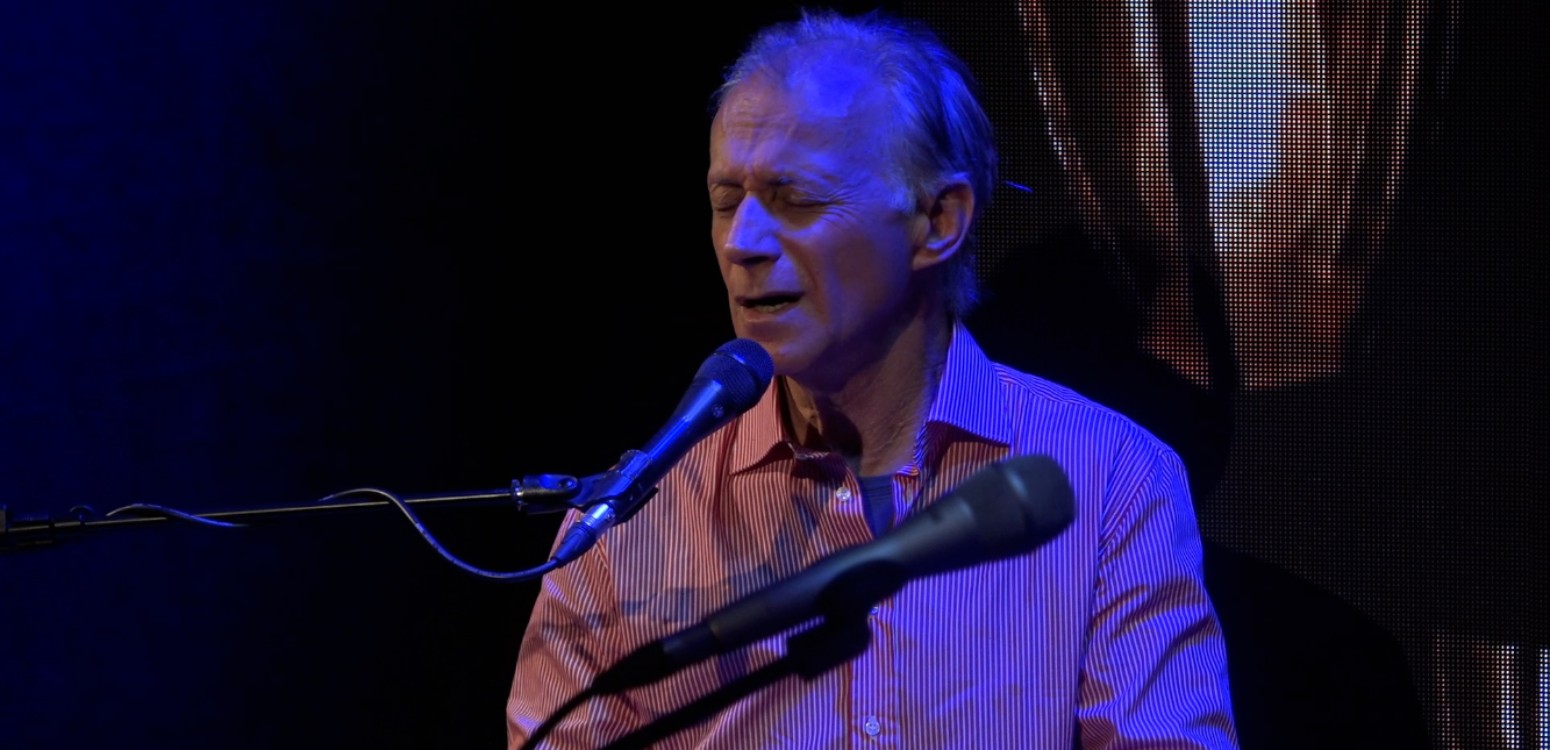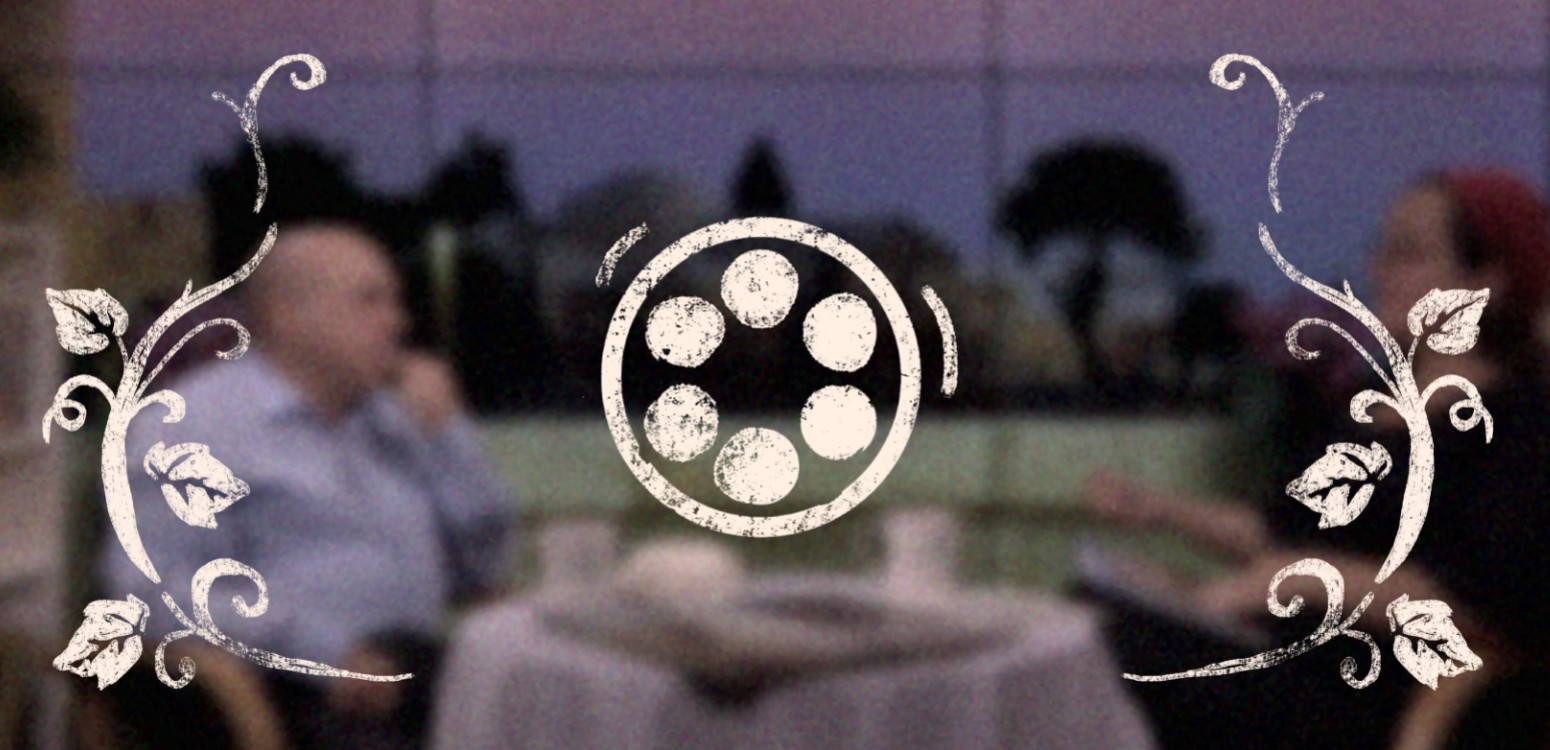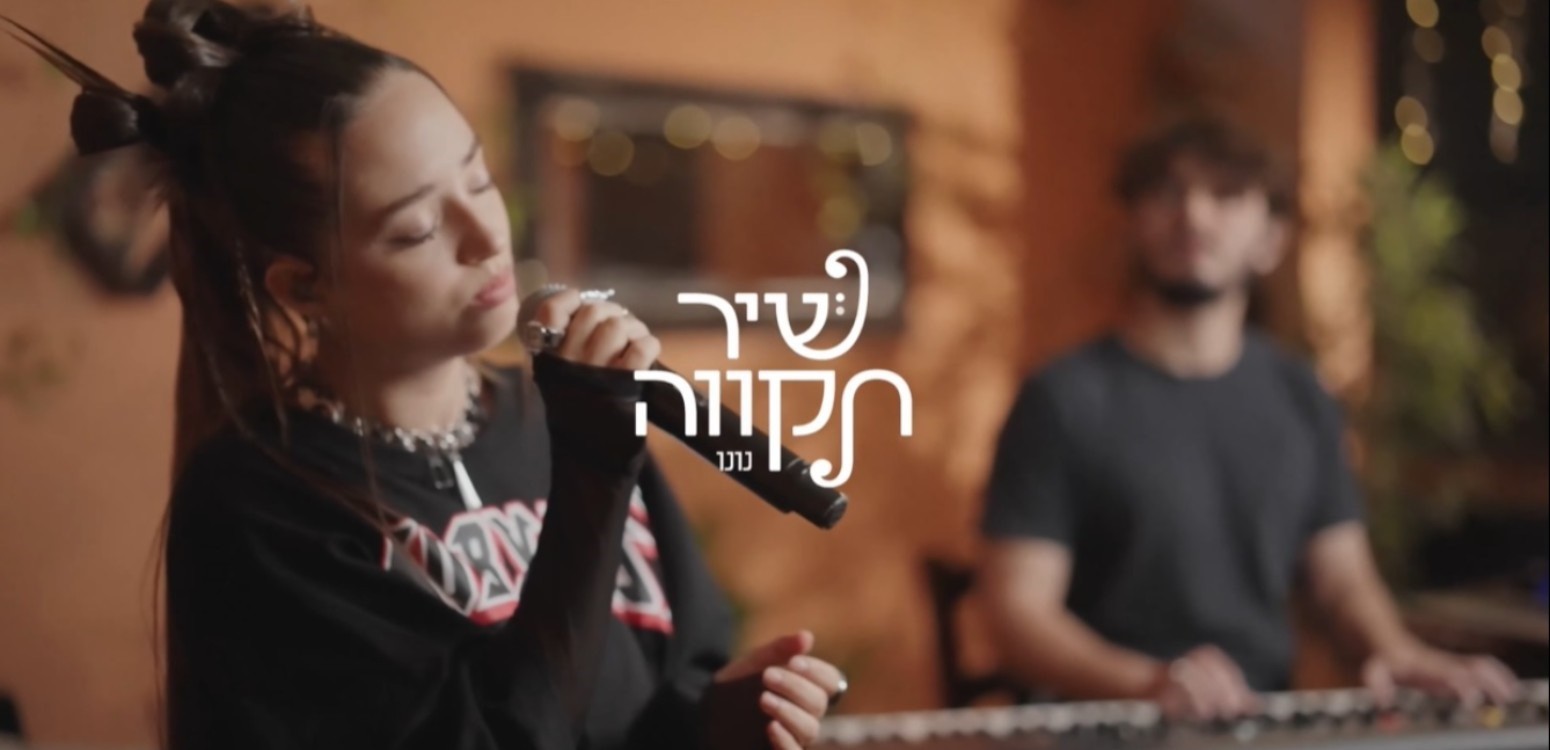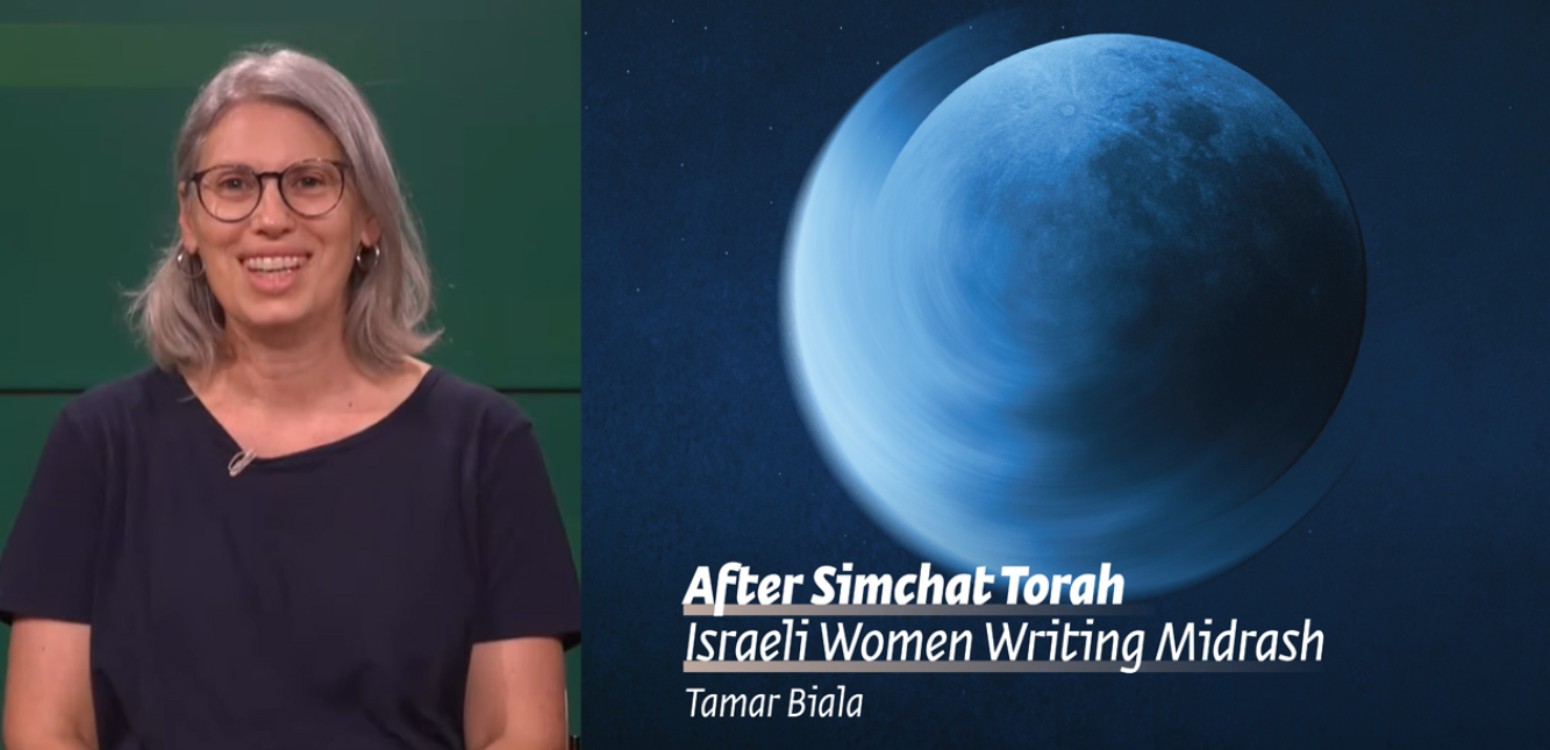
Lies can shatter our world, eroding the trust that forms the bedrock of society and wounding the dignity of those deceived. Yet, in this week’s Torah portion, Parashat VaYechi, we learn that not all lies are created equal
“Rabban Shimon ben Gamaliel said: The world endures by virtue of three things—justice, truth, and peace.” (Ethics of the Fathers, 1:18)
And what happens when there is tension between truth and peace? In the Talmudic tractate of Yevamot, it says: “And Rabbi Ile’a further said in the name of Rabbi Elazar, son of Rabbi Shimon: It is permitted for a person to depart from the truth in a matter that will bring peace.” (Yevamot 65b). To justify his words, Rabbi Ile’a refers to a short passage from our Torah Portion, Parashat VaYechi.
“After they buried his father, Joseph returned to Egypt along with his brothers and all those who went with him to his father’s burial. Joseph’s brothers began to realize [the implications] of their father’s death. ‘What if Joseph is still holding a grudge against us?’ they said. ‘He is likely to pass us back all the evil we did him.’ They instructed [the messengers] to tell Joseph: “Before he died, your father gave us final instructions. He said, ‘This is what you must say to Joseph: Forgive the spiteful deed and the sin your brothers committed when they did evil to you.’ Now forgive the spiteful deed that [we], the servants of your father’s God, have done.” As the messenger’s spoke to him, Joseph wept.”
(Genesis, 50:14-17)
Seventeen years have passed since Joseph arranged for his father Jacob to be brought to Egypt; seventeen years during which the entire large Israelite family, including grandchildren, great-grandchildren, female slaves, male slaves, and livestock, have been living in the land of Goshen in Egypt. And now, the time has come for Jacob to die. A great mourning descends upon Egypt over the death of the ruler Joseph’s father, and in the meantime, the brothers’ anxiety flares up again. They fear that Joseph will take revenge on them with their father gone. The brothers find it difficult to believe that Joseph truly forgave them, and they fear that he will get even for them by selling him into slavery.
So, they make up a story. They tell Joseph that just before their father died, he ordered them to say to him to overcome the evil they did to him and not to repay them with evil. They know that Joseph will honor his father’s last wish. Interestingly, this is the example the Talmud gives for lying for the sake of peace. Most often, this rule is understood as concern for the well-being of the other, whereas in this case, the brothers are concerned for themselves and their families. The Talmud says that this is also legitimate. If a small lie prevents great suffering, then sometimes this type of lie is fine.
Continuing the discussion in Tractate Yevamot, the Talmud cites an interesting and courageous statement by Rabbi Yishmael. “It was taught in the school of Rabbi Yishmael: Great is peace, as even the Holy One, Blessed be He, departed from the truth for it. As, initially it is written that Sarah said of Abraham: ‘And my lord is old’, and in the end it is written that God told Abraham that Sarah said: ‘And I am old’”. (Yevamot 65b).
In the book of Genesis, which we are finishing reading this Shabbat, God adjusted Sarah’s words for the sake of peace. Rabbi Yishmael refers to the incident in which the angels announce to Abraham and Sarah that they will have a child, and Sarah does not believe it. Sarah laughed to herself, saying, “Now that I am worn out, well on in years, shall I once again regain my youth? My husband is old!” This is what the verse says, but when God quotes Sarah to Abraham, He says, “God said to Abraham, ‘Why did Sarah laugh and say, Can I really have a child when I am so old?’” (Genesis, 12-13). God does not want to insult Abraham and tell him that Sarah called him “old” and did not believe that he could have children. To maintain peace in the home, God also changes words for the sake of peace.
It is important to emphasize that a lie is a lie, even if it is called “changing.” The relationships of the Israelite family in the Book of Genesis are full of lies: young Jacob lies to his father at his mother’s request in order to gain the blessing of the firstborn; Jacob’s sons lie to him and say that an evil beast had devoured Joseph, and then they invent Jacobs last wish. Lies destroy our world, deeply harm the trust that lies at the foundation of society, and harm the dignity of the person who is lied to, but our Torah portion of VaYechi Torah Portion teaches us that it would be a mistake to perceive all lies as equal. In adult life, values clash; harmony does not prevail in all. The value of peace carries great importance in itself, and there is a big difference between changing for the sake of peace and lying for self-interested reasons to justify improper actions. If a small lie can save the entire family of Israel from the wrath of their brother, the Egyptian ruler, then perhaps it is worth telling.
I am reminded of the recommendation of Ecclesiastes, “Do not be overly righteous” (7:16), and understand what it means to be compassionate. “Love truth and peace.” (Zecharia 8:19).
Lior Tal Sadeh is an educator, writer, and author of “What Is Above, What Is Below” (Hebrew, Carmel, 2022). He is the host of the daily Source of Inspiration podcast, produced by Beit Avi Chai
** Translations of Torah verses are based on The Living Torah by Rabbi Aryeh Kaplan and The Steinsaltz Commentary on Nevi'im.
** Other translations are based on Sefaria.
Main Photo:The Recognition of Joseph by his Brothers\ Wikipedia
Also at Beit Avi Chai





















